If you have food allergies, you know how challenging and uncomfortable they can be. And it will be so difficult to tolerate their symptoms, including sneezing, itchy eyes, nasal congestion, and sinus pressure. Fortunately, knowing the best antihistamine for food allergies can keep those allergic effects at bay.
Your allergies are an immune response to some harmless foreign substance. Those substances may be pollen, animal dander, or dust — which comes into contact with cells in the mucus membranes of your nose, mouth, throat, lungs, stomach, and intestines. An individual with allergies triggers the release of the chemical histamine. So, all you need is antihistamines.
Antihistamines are substances that block histamine activity in the body. Meanwhile, histamine is a protein that triggers allergy symptoms, such as sneezing, itchy eyes, and a scratchy throat.
This article lets you know the best antihistamine for food allergies and the science behind them.
1. Bromelain
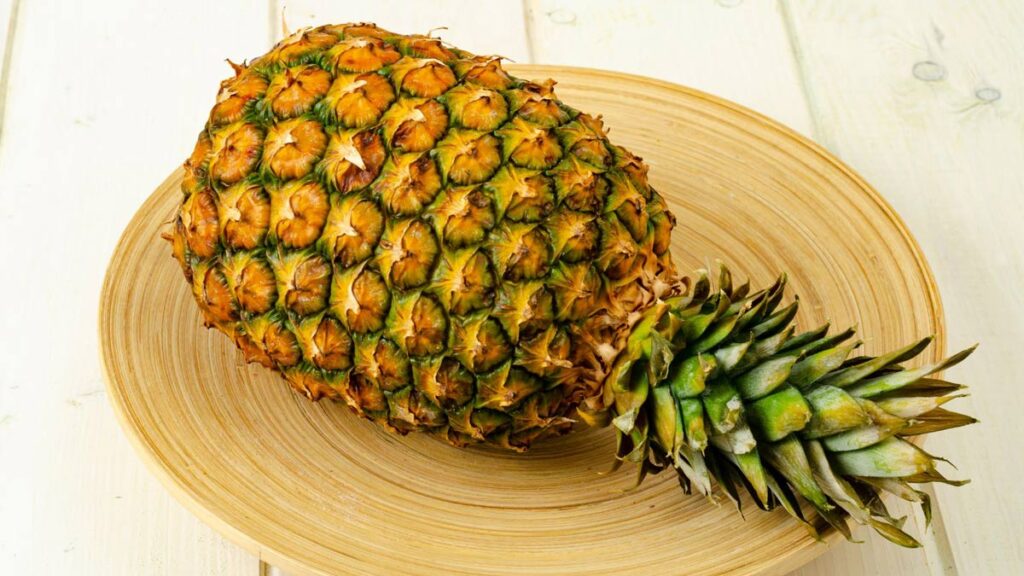
Bromelain is one of the best antihistamines for food allergies. It is an enzyme found in the core and juice of pineapples. It is an effective dietary supplement for reducing pain and swelling, especially of the nose, sinuses, gums, and other body parts after surgery or injury. It is also good for osteoarthritis, cancer, digestive problems, and muscle soreness.
Studies suggest that bromelain effectively reduces allergic sensitization and airway disease as it has anti-inflammatory and anti-allergic properties.
However, there is not enough high-quality research to say whether bromelain is recommendable for food allergies or not.
2. Probiotics
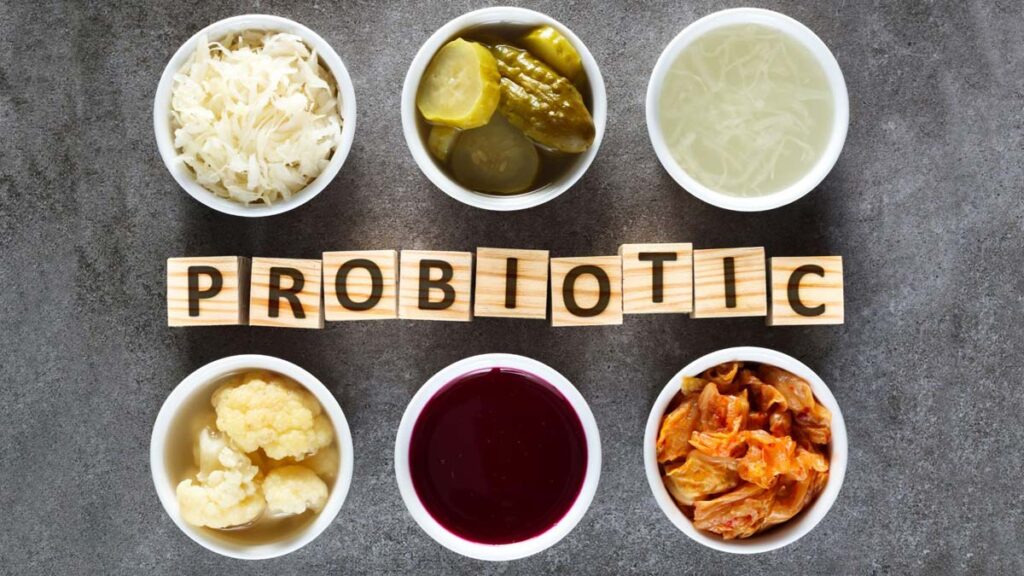
Probiotics are also one of the best antihistamine for food allergies. They are usually live microorganisms that might offer various health benefits when consumed. Generally, they help our body to maintain a healthy balance of gut bacteria. They contain live bacteria or yeasts that naturally live in our bodies. They may also boost an individual’s immune system, which can help the body fight off allergies.
There are certain foods in our daily diet that contain probiotics. For example, fermented foods (yoghurt and pickles) are home to good bacteria that benefit your body. Some fermented drinks like kombucha (fermented tea) or kefir (fermented dairy drink) introduce extra probiotics into your diet.
So, if you are looking for an antihistamine to treat specific food allergies, you can choose probiotic-rich foods, including yoghurt, kombucha, kimchi, tempeh, miso, etc.
3. Quercetin
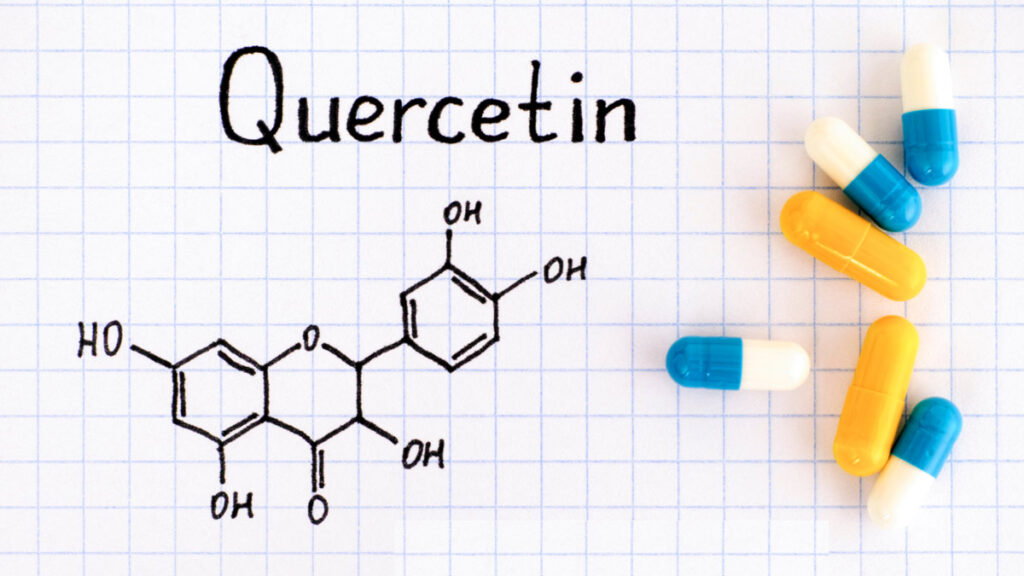
Quercetin is a plant pigment (flavonoid) present in many foods, including red wine, onions, green tea, buckwheat tea peppers, broccoli, black tea, apples, berries, etc.
Studies suggest that adding quercetin to the diet may help to relieve the symptoms of various food allergies. Quercetin has high anti-allergic and antihistamine properties. Thus, it is widely known as one of the best antihistamine for food allergies.
One recent study found that quercetin effectively reduces the respiratory effects of allergies by lowering airway inflammation.
4. Vitamin C

Vitamin C, or ascorbic acid, is a water-soluble vitamin. To be clear, it dissolves in water and can reach different body tissues. It plays a significant role in controlling infections and healing wounds.
Moreover, it is a powerful antioxidant that can neutralize harmful free radicals and act as a natural antihistamine.
Vitamin C is present in many fruits and vegetables, such as:
- Bell Peppers
- Broccoli
- Cantaloupe melon
- Cauliflower
- Citrus Fruits
- Kiwifruit
- Strawberries
- Tomatoes and tomato juice
- Winter squash
So, we can conclude that vitamin C is one of the best antihistamine for food allergies.
5. Spirulina
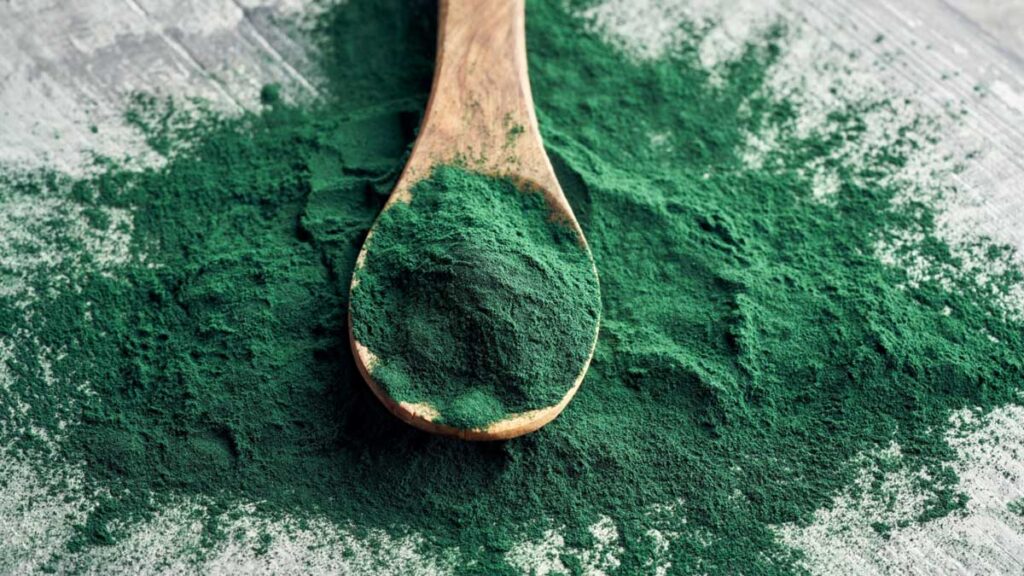
Spirulina is algae with an excellent nutrient profile and powerful antioxidant properties. It is rich in all essential components for maintaining a healthy immune system, such as vitamins E, C, and B6. Researchers suggest that spirulina also boosts the production of white blood cells and antibodies that fight viruses and bacteria in your body.
Some studies have observed spirulina’s effect on allergy, rhinitis, and immune response modulation. According to the studies, spirulina exhibits anti-inflammatory properties by inhibiting the release of histamine from mast cells.
That’s how spirulina became one of the best antihistamine for food allergies.
6. Stinging Nettle
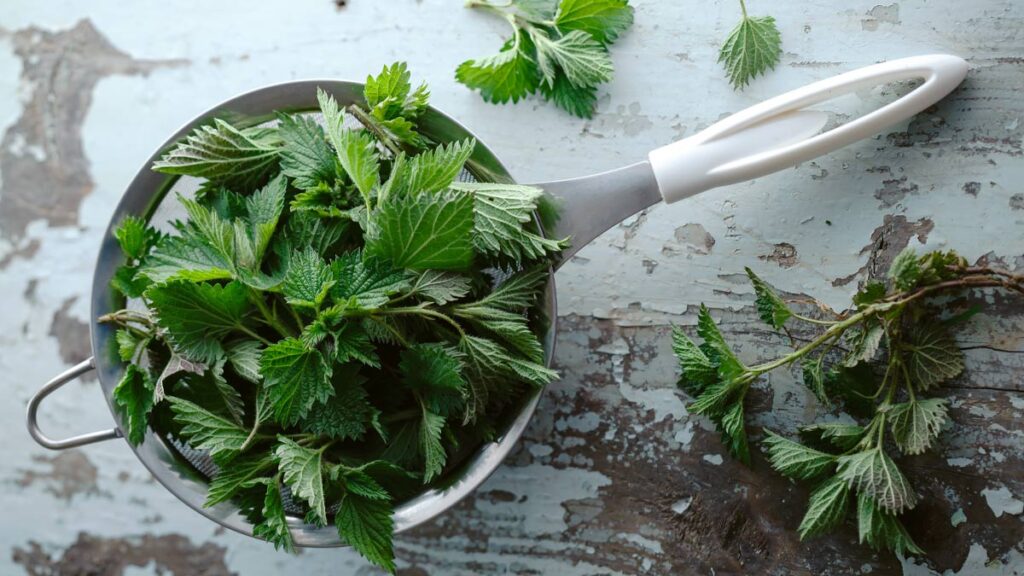
Stinging nettle is a herb widely used to cure painful muscles and joints, eczema, arthritis, gout, and anaemia for hundreds of years. Nowadays, some people use it to treat urinary problems during the early stages of an enlarged prostate (called benign prostatic hyperplasia or BPH).
It is also a natural antihistamine, as some older studies suggested that stinging nettle may disrupt the allergy process by inhibiting the body’s histamine production and related inflammation.
Some studies have linked treatment with stinging nettle leaf to relieve symptoms such as sneezing, runny nose, and itchy eyes.
So, we can conclude that stinging nettle leaves are one of the best antihistamine for food allergies, which can help reduce hay fever symptoms by acting as an anti-inflammatory.
7. Butterbur
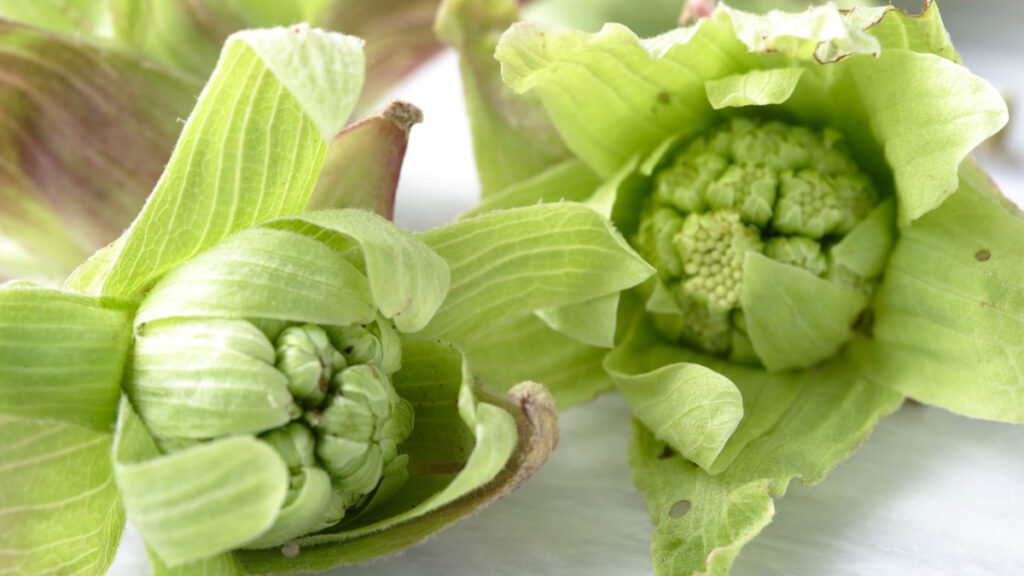
Butterbur is a shrub which commonly grows in Asia and Europe. It can treat migraines and hay fever, also known as allergic rhinitis.
According to a report published by the National Center for Complementary and Integrative Health (NCCIH), butterbur also has antihistamine properties.
Some studies suggest raw butterbur extracts contain alkaloids. Alkaloids are harmful compounds that may cause liver damage and cancer. However, butterbur extracts that do not contain these substances are available. But, no studies have examined the long-term effects of using these products.
The plant extract is also proven to cause allergic reactions in those individuals with sensitivities to ragweed, chrysanthemums, marigolds, and daisies.
Therefore, it is good to include butterbur in the best antihistamines for food allergies.
Bottom Line
When you have a food allergy, your body releases a substance called histamine. Histamine causes allergy symptoms when it binds to receptors on specific cells in your body. Antihistamines work by decreasing the effects of histamine on specific cell receptors.
There are a lot of people who take various antihistamine medications or supplements, but there are some natural antihistamines available, as well. We brought this article to help you find the best antihistamine for food allergies that may help you positively control your seasonal food allergies.
Therefore, if you struggle with specific food allergies, you can choose those as mentioned above the best antihistamines for food allergies to cure your condition. They all are foods and plant extracts that are proven to block the effects of histamine. However, don’t take antihistamine medications or start using herbal or nutritional supplements without first talking to your healthcare provider or doctor.

